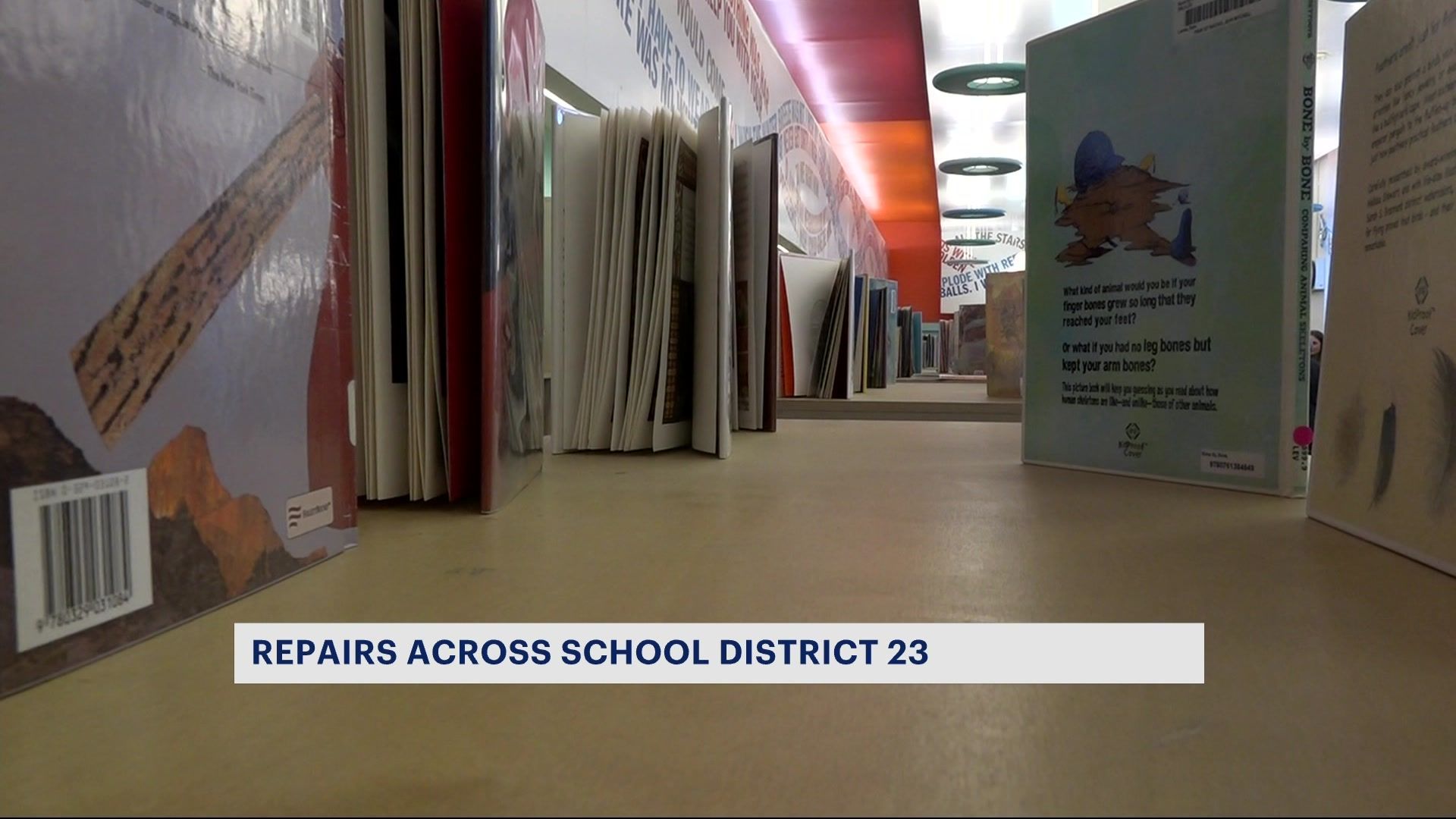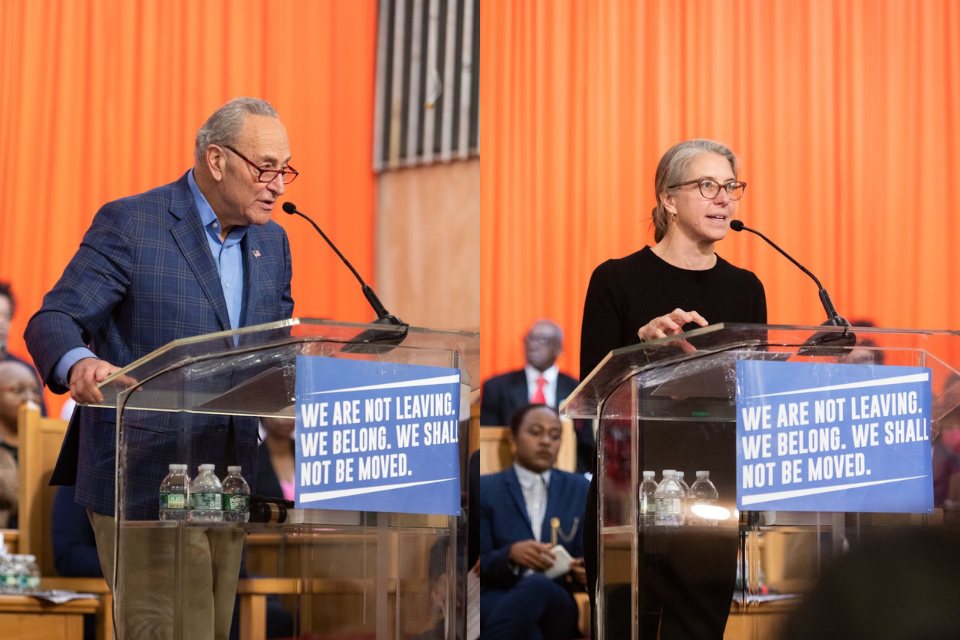CONNECT - ACT - WIN

De Blasio Slammed for Leaving Senior Housing Funds Out of Budget
A year after Mayor Bill de Blasio stood on the steps of City Hall and promised $500 million to build senior citizen housing on public lots, his administration this week quietly conceded the money was not put in his budget, THE CITY has learned.
Top city housing officials confirmed in a letter to city Comptroller Scott Stringer Tuesday that the “$500 million commitment is not memorialized in the budget.” At the time, the mayor’s pledge to fund the senior housing proposal resounded as a signature victory for the Metro Industrial Area Foundation. The advocacy group has long pressed City Hall to support the creation of housing on publicly available lots.
“What the letter verifies is that the mayor lied,” the Rev. David Brawley of Metro-IAF told THE CITY Wednesday. “He made a commitment to us — a commitment to New York City for the $500 million in the budget — and it’s not there.”
“There was no ambiguity in the commitment,” Brawley added. The letter also revealed some of the planned housing sites — with 300 to 400 apartments slated to rise on vacant lots at the Kingsborough Houses in Brooklyn and Morris Houses in the Bronx.
A Day of Grins and Handshakes
On June 12, the mayor stood outside City Hall next to Brawley and other Metro-IAF leaders, grinning broadly, shaking hands and stating flatly that he would put the money into his budget. The previous day, the mayor and City Council Speaker Corey Johnson issued a press release announcing details of the new budget agreement — with the $500 million funding allotted for senior housing touted as a featured item of the deal. The plan described that day called for construction of new senior housing on land inside two NYCHA developments and on four sites controlled by the city Department of Housing Preservation & Development (HPD). But when the mayor announced his preliminary budget in February, there was no sign of the $500 million. Metro-IAF asked City Hall what happened, but got no answer, Brawley said. Stringer stepped in, writing to the mayor last month requesting details on City Hall’s plans, including the specific project ID number for the housing in the budget.
A Letdown Letter
On Tuesday, Interim NYCHA Chairwoman Kathryn Garcia and Acting HPD Commissioner Eric Enderlin told Stringer that the money wasn’t put in. They instead described the $500 million as “an estimate of the total public resources needed to fund the City’s commitment to develop these six sites.”
On Wednesday, Jane Meyer, a spokeswoman for de Blasio, said the plan was never for the city alone to fund this housing, stating, “For decades, these projects have always been funded from a mix of sources including city capital, low income housing tax credits and debt leveraged by section eight vouchers – never by city capital alone.”
“This Administration is fighting to ensure the New Yorkers who built this city will always have a place to call home,” Meyer added.
City Hall initially said it planned to move forward immediately on building the senior housing, but Garcia and Enderlin’s letter revealed that to date, the city has to date requested proposals from developers for only one of the six projects. The city won’t seek proposals for the other five until the last quarter of this year, at the earliest.
The letter provided no specific future commitments for city funds but Meyer said the sites “will be financed in a subsequent year.” She said the projects would ultimately be financed by $100 million in direct city subsidies, $150 million by providing developers with low-income housing tax credits, and borrowing $250 million off of anticipated revenue from rent subsidized by the federal Section 8 program.
On Wednesday, Stringer expressed disappointment in City Hall’s decision, stating, “I have long supported the proposal to create fully affordable housing units for NYCHA seniors. Our city is in a housing crisis and we need to prioritize helping seniors who have built up our communities.”
About 20% of NYCHA’s 400,000 residents are senior citizens, many of them living in two- and three-bedroom apartments where they raised children who have since moved. NYCHA, which has a waiting list of 250,000, has been encouraging seniors to take smaller apartments.
Metro-IAF’s plan would allow NYCHA to move many of the seniors into new apartments within or near the developments where they now live, minimizing disruptions to their lives — and freeing up hundreds of apartments for families on the waiting list.






